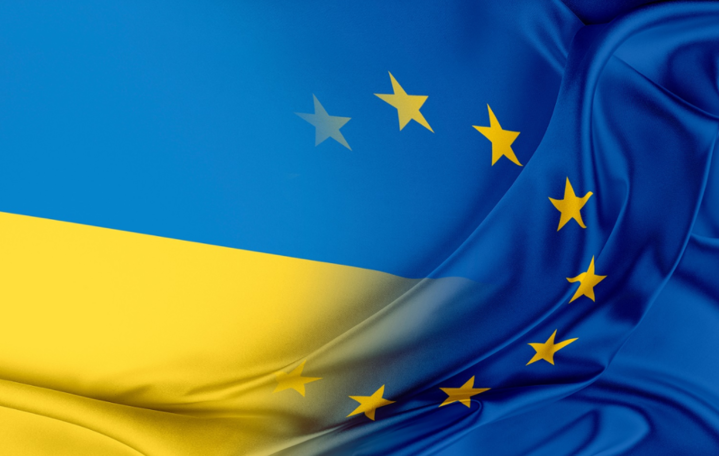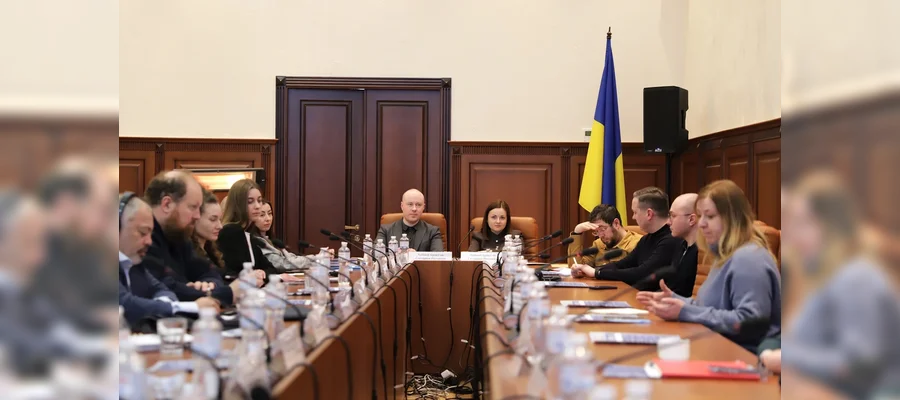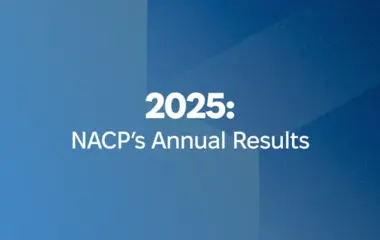On January 25, the National Agency on Corruption Prevention (NACP) sent the revised draft of the State Anti-Corruption Program for 2023-2025 to the Government Committee on National Security, Defense and Law Enforcement for reconsideration.
The Agency settled all, without exception, disagreements regarding the draft program with 17 authorities, whose representatives are members of the Government Committee (full composition — 19 people). The document received general praise and support from experts, international partners of Ukraine and the public, in particular, the Delegation of the European Union to Ukraine and the Civil Council at the NACP.
 The State Anti-Corruption Program, which meets the demands of society and brings Ukraine closer to the membership of the EU and NATO, is ready for approval by the Cabinet of Ministers of Ukraine
The State Anti-Corruption Program, which meets the demands of society and brings Ukraine closer to the membership of the EU and NATO, is ready for approval by the Cabinet of Ministers of Ukraine
"The adoption of the State Anti-Corruption Program is an important signal before the Ukraine-EU Summit regarding the continuation of anti-corruption efforts. Such decision of the Government will demonstrate Ukraine's readiness to implement the reforms necessary for society and to take priority steps to accelerate our country's acquisition of EU membership", — said Andrii Vyshnevskyi, Deputy Head of the NACP. According to him, the NACP took into account all proposals received for the document, except for those that are openly aimed at emasculating its key content and purpose. "We are grateful to our colleagues and partners for their comments, suggestions and constructive joint work on finalizing the Program draft", — noted Andrii Vishnevskyi.We will remind you that on January 9, the Governmental Committee chaired by the Minister of Defense Oleksii Reznikov reviewed the draft of the Program and returned it to the NACP for additional coordination procedures with the bodies whose representatives expressed their views on this at the Governmental Committee meeting, and for appropriate revision. Was it possible to resolve all disagreements regarding the Program draft? During the last two weeks, the NACP held additional coordination meetings with 19 interested bodies and significantly refined the draft of the Program, not only not losing its meaning, but also increasing its quality. This process was constructive on the part of all participants, therefore, all disagreements between the NACP and 14 key bodies (Ministry of Justice, the Ministry of Finance, the Ministry of Economy, the Ministry of Infrastructure, the Ministry of Internal Affairs, the Ministry for Strategic Industries, the Ministry of Agrarian Policy, the Ministry of Social Policy, the Ministry of Culture and Information Policy, the Office of the Business Ombudsman, the NBU) have been settled. Only with 5 institutions from among the participants of additional reconciliation procedures (the High Council of Justice, the Council of Judges, the National School of Judges, the Antimonopoly Committee and the State Tax Service) there remained separate disagreements, which can be considered directly at the meeting of the Government Committee.
"These disagreements lie on the other side of the red lines, along which the Anti-Corruption Program turns into a "pro-corruption" one. In the opinion of NACP, these disagreements can be resolved only by rejecting the relevant proposals and comments, but this decision should be made at the political level of the Government Committee and the Cabinet of Ministers, as NACP will never support their consideration", – Andrii Vishnevskyi emphasizes.Why is the adoption of the Program extremely important for Ukraine and its future membership in the EU? During the war, Ukrainian society became much more intolerant of corruption, and politicians will have to take this into account. Before the start of the full-scale invasion, only 40% of Ukrainians were ready to report corruption, and today it is 84%. The level of disapproval of corruption as such has also changed significantly: 64% now compared to 44% before the invasion. Therefore, the fastest possible approval of the Program meets the urgent public demand. On February 3, the 24th Ukraine-EU Summit will be held, which may open new perspectives for the start of negotiations on Ukraine's accession to the European Union. The approval of the Program draft without delay will demonstrate Ukraine's readiness to carry out further reforms in priority areas for European integration, such as the judiciary, law enforcement, deregulation, competition protection, urban planning, land management, corporate management of state enterprises, as well as defense. These areas are the focus of the Program activities. The need for the final adoption of the Anti-Corruption Strategy, for the implementation of which the Program draft was developed, was emphasized in the Conclusion of the European Commission regarding Ukraine's application for membership in the European Union. At the beginning of this year, the EU Delegation to Ukraine came out in support of the Government's approval of the Program, calling it a cornerstone for a free and democratic future on the way to the EU and the restoration of Ukraine. The EU Anti-corruption Initiative also called for the Program to be adopted as soon as possible. In January, the G7 Group of Ambassadors identified support for the adoption and direct implementation of the Program among its priorities to be pursued in 2023. The special attention of the document is focused on sectors important for the post-war reconstruction of Ukraine, including construction, infrastructure and economic regulation. In this part, the content of the Program is significantly synchronized with the Recovery Plan of Ukraine. Adoption and implementation of the Program itself is indicated as a separate priority in the documents of the G7 group of Ambassadors. In addition, a number of measures provided for in the Program project are the embodiment of the recommendations of the Organization for Economic Cooperation and Development (OECD), as well as key aspects of cooperation between Ukraine and NATO. Their implementation will be another step towards membership in these organizations.
 The State Anti-Corruption Program, which meets the demands of society and brings Ukraine closer to the membership of the EU and NATO, is ready for approval by the Cabinet of Ministers of Ukraine
The State Anti-Corruption Program, which meets the demands of society and brings Ukraine closer to the membership of the EU and NATO, is ready for approval by the Cabinet of Ministers of Ukraine









